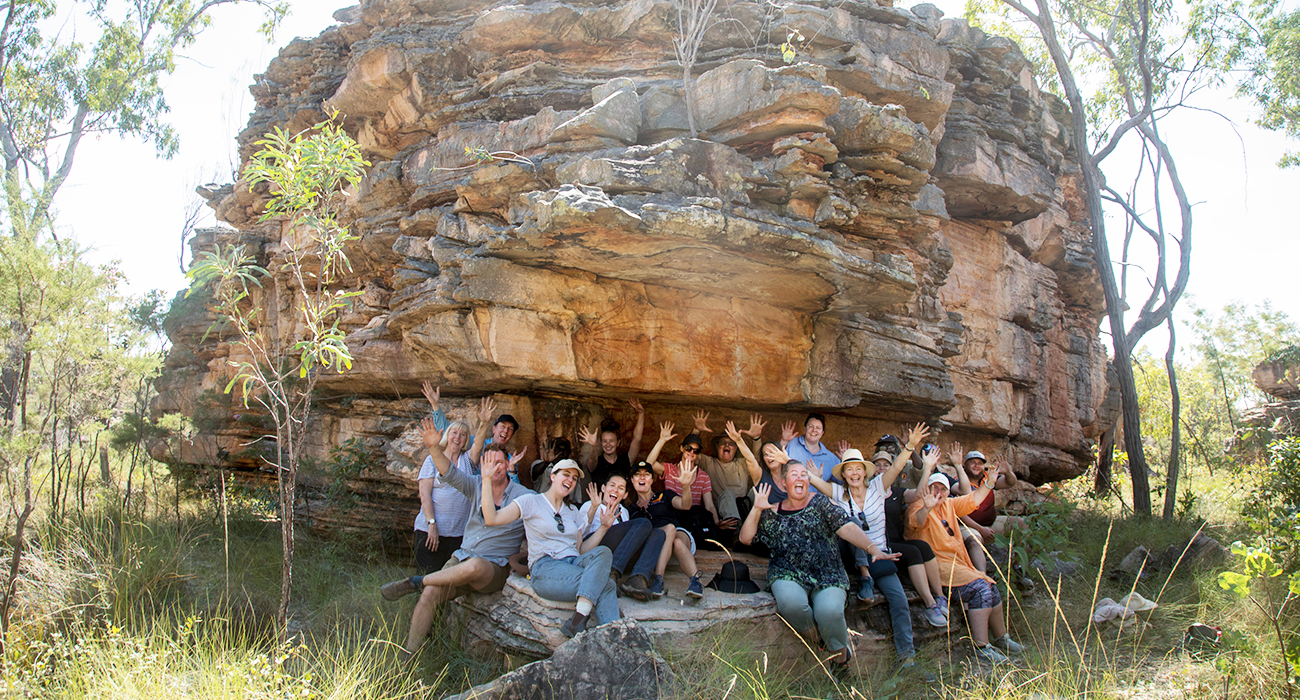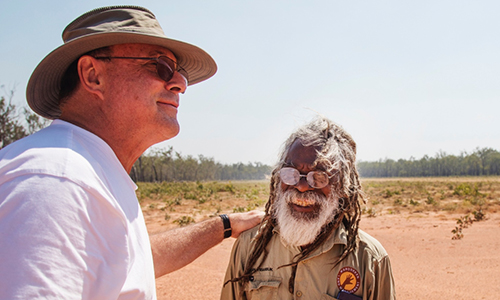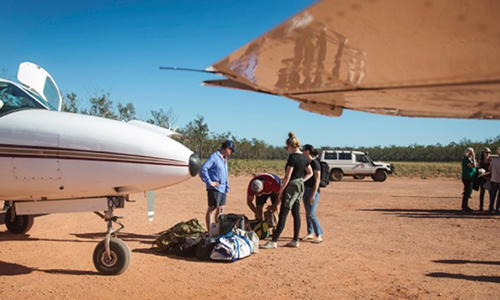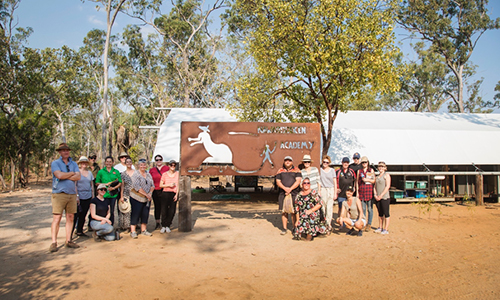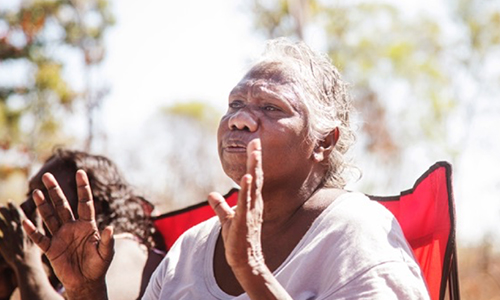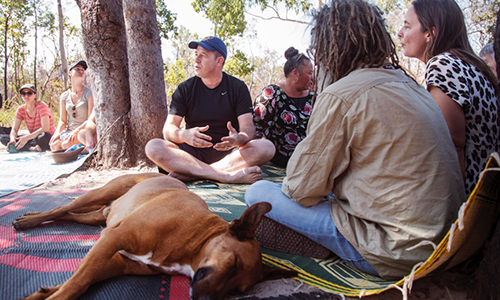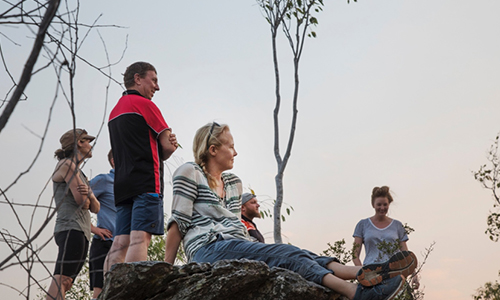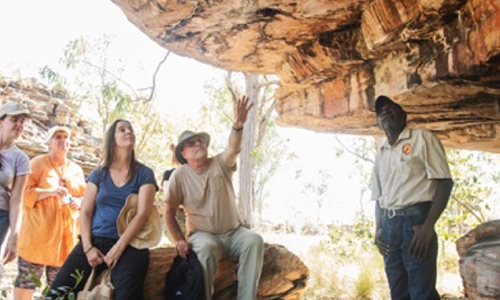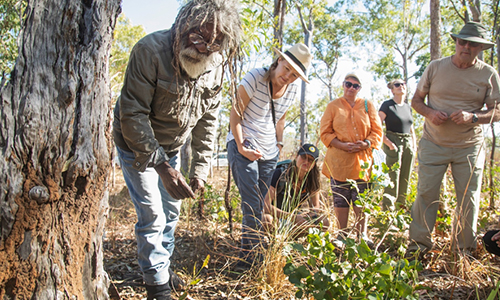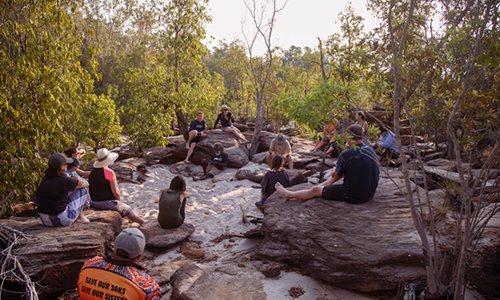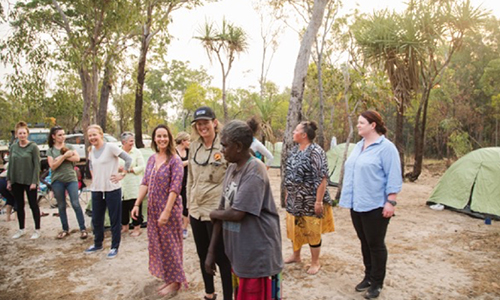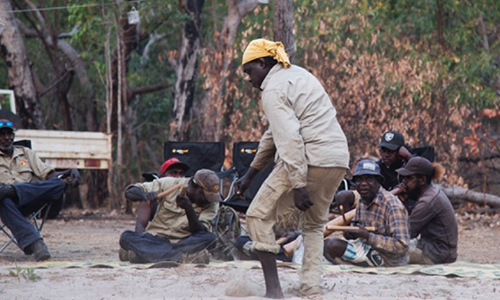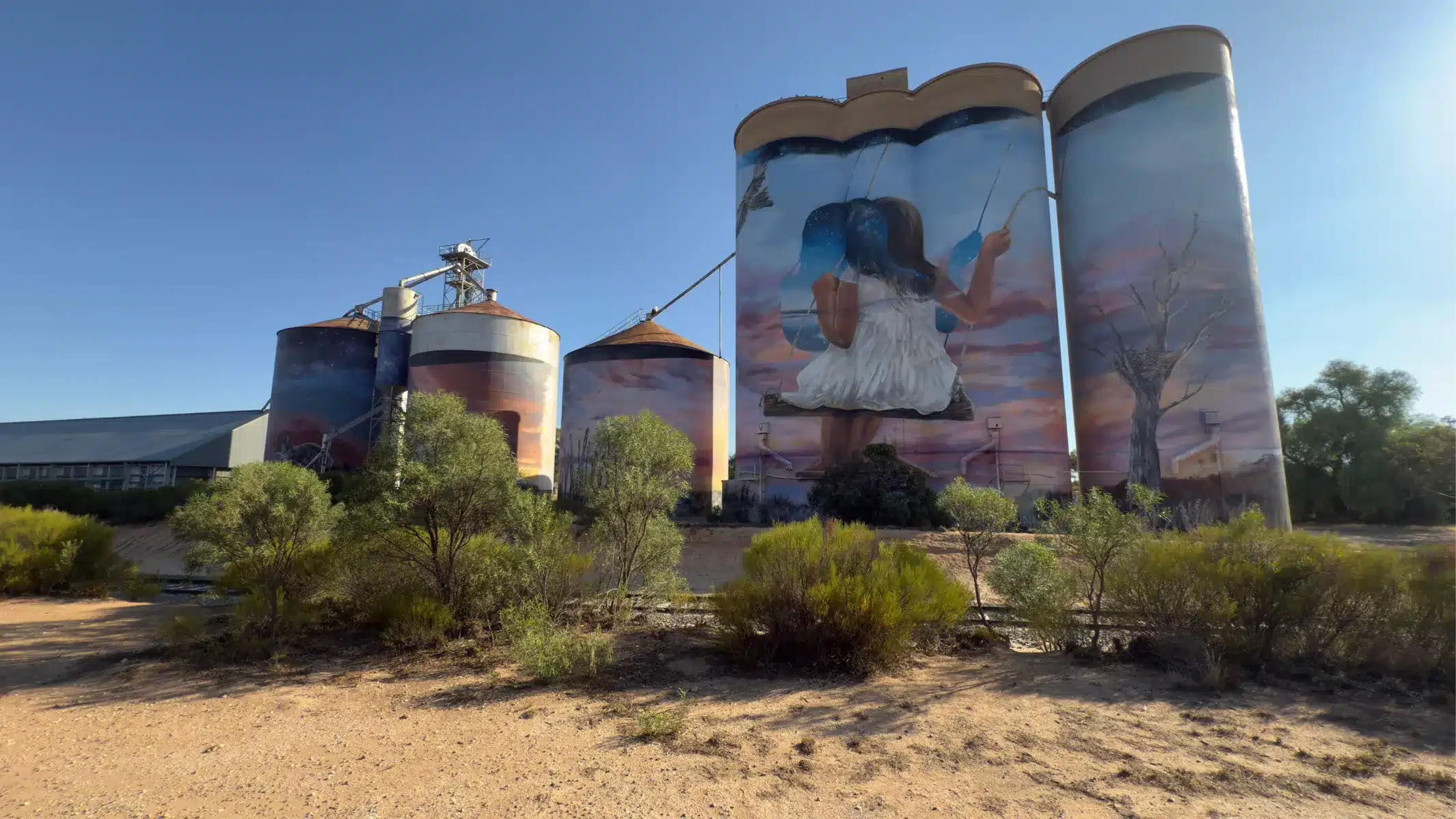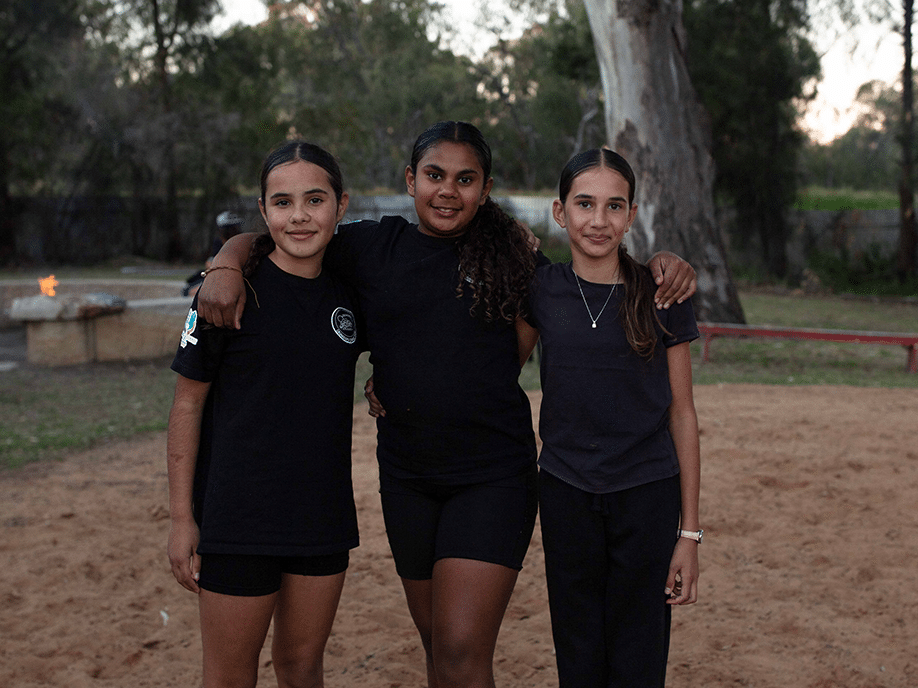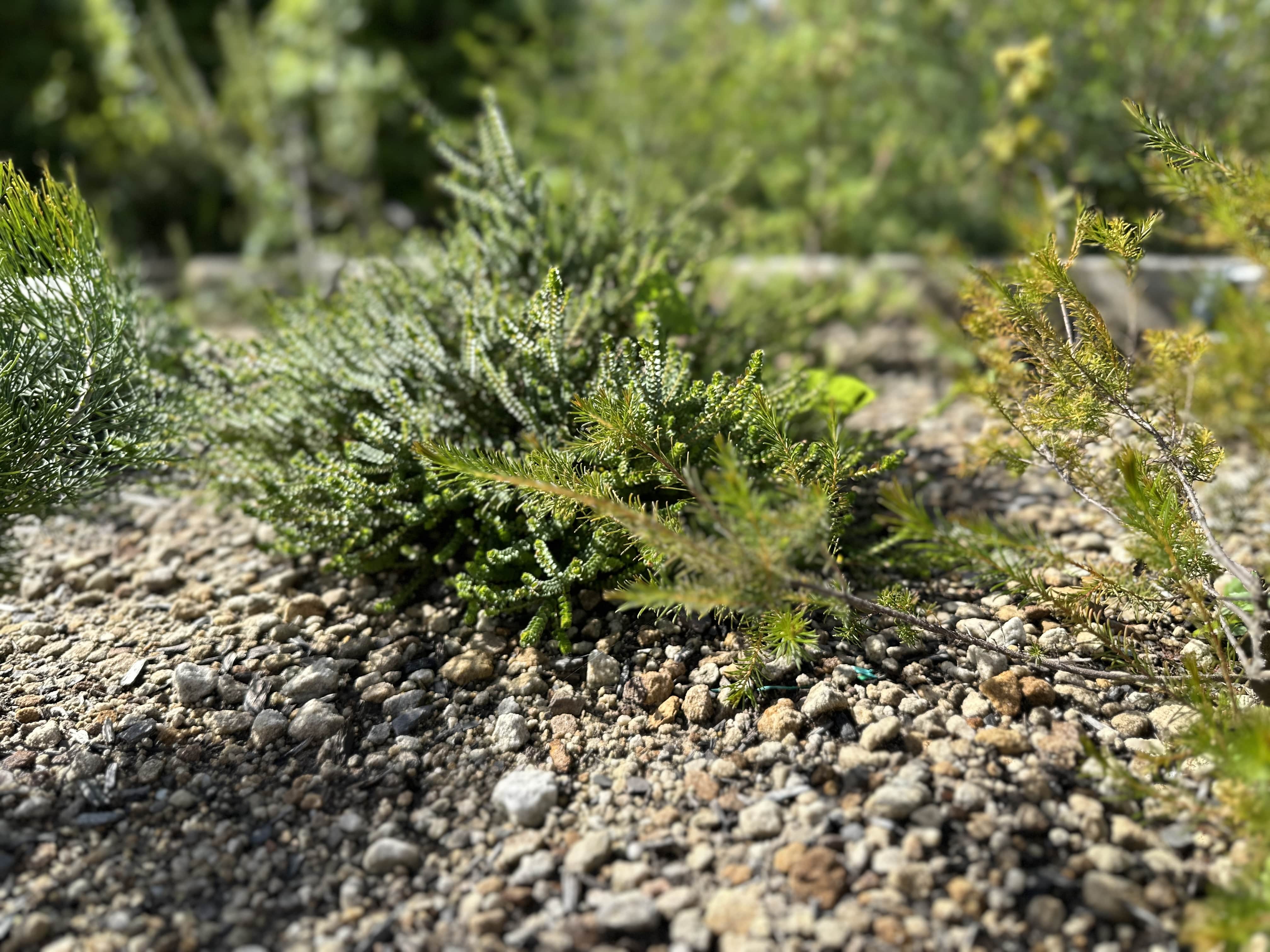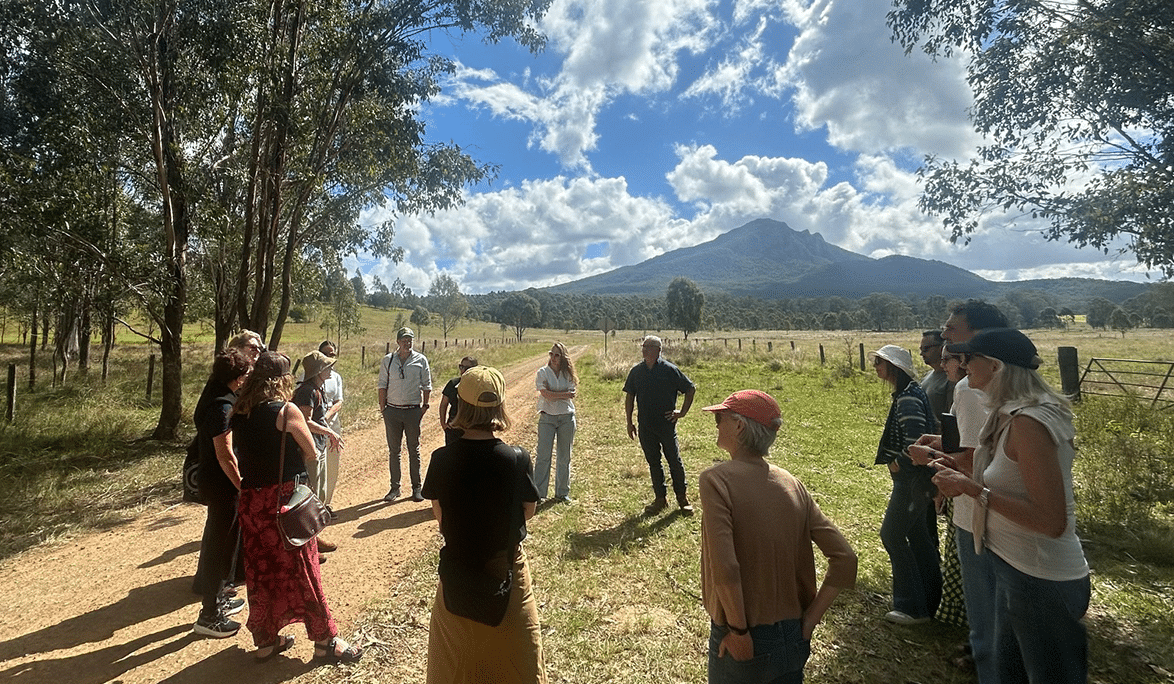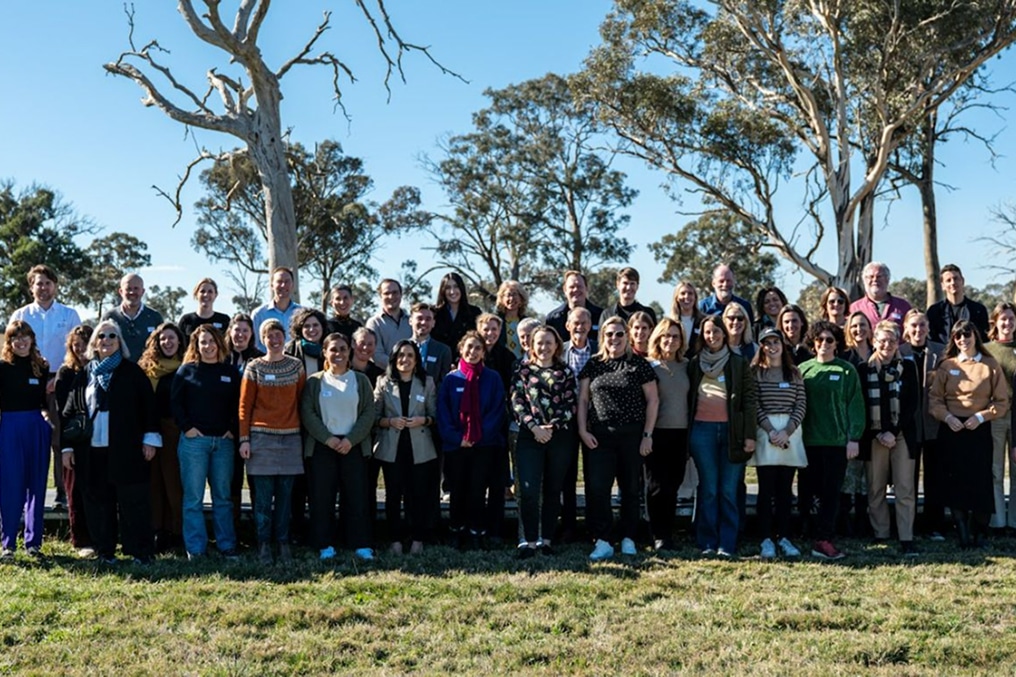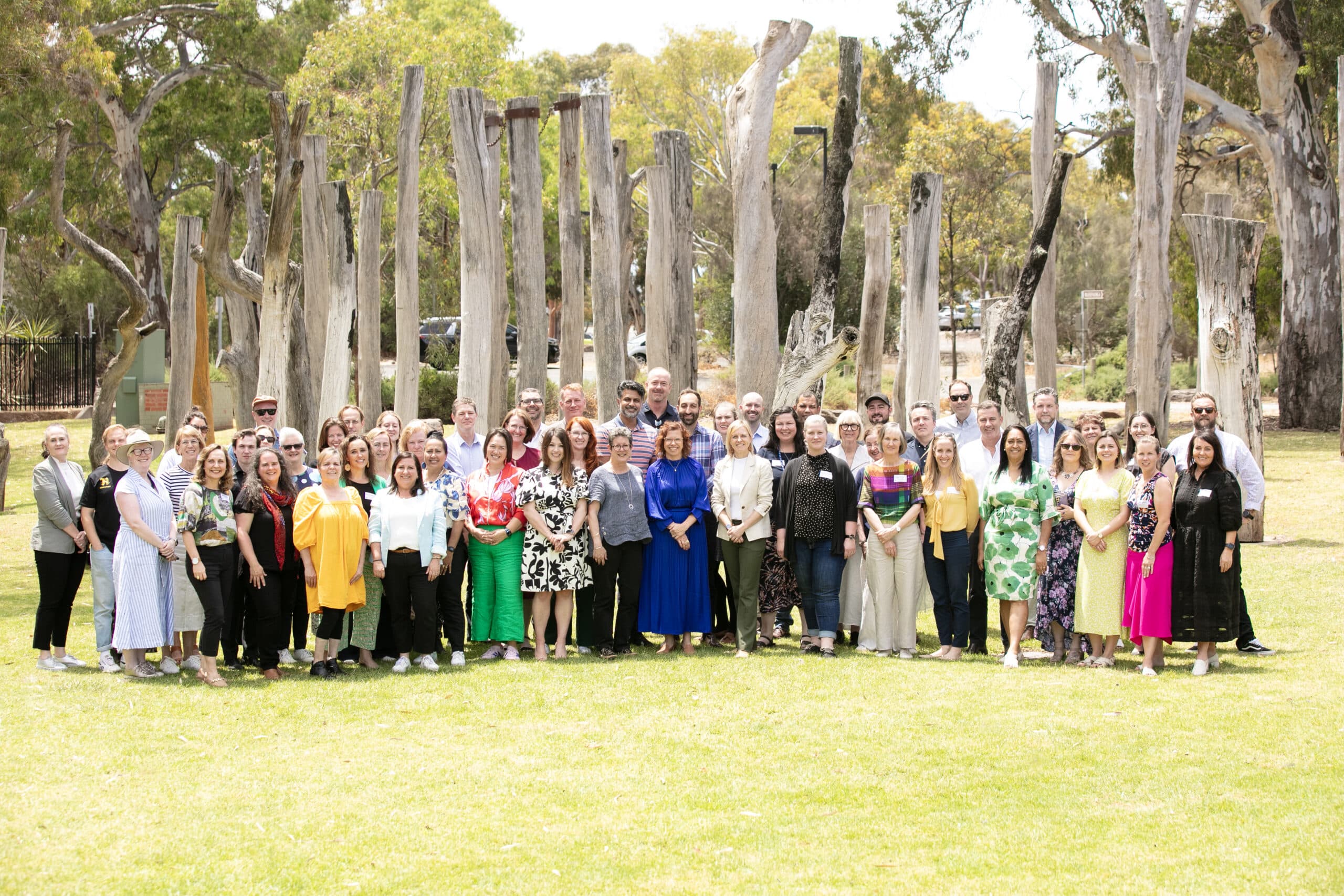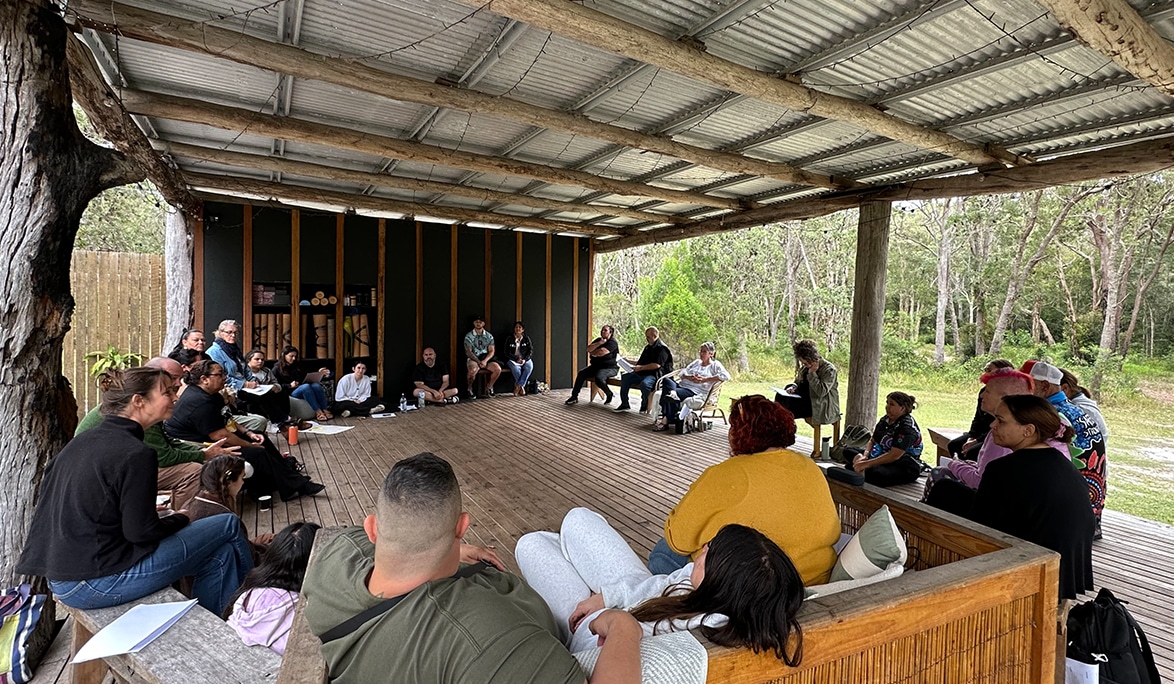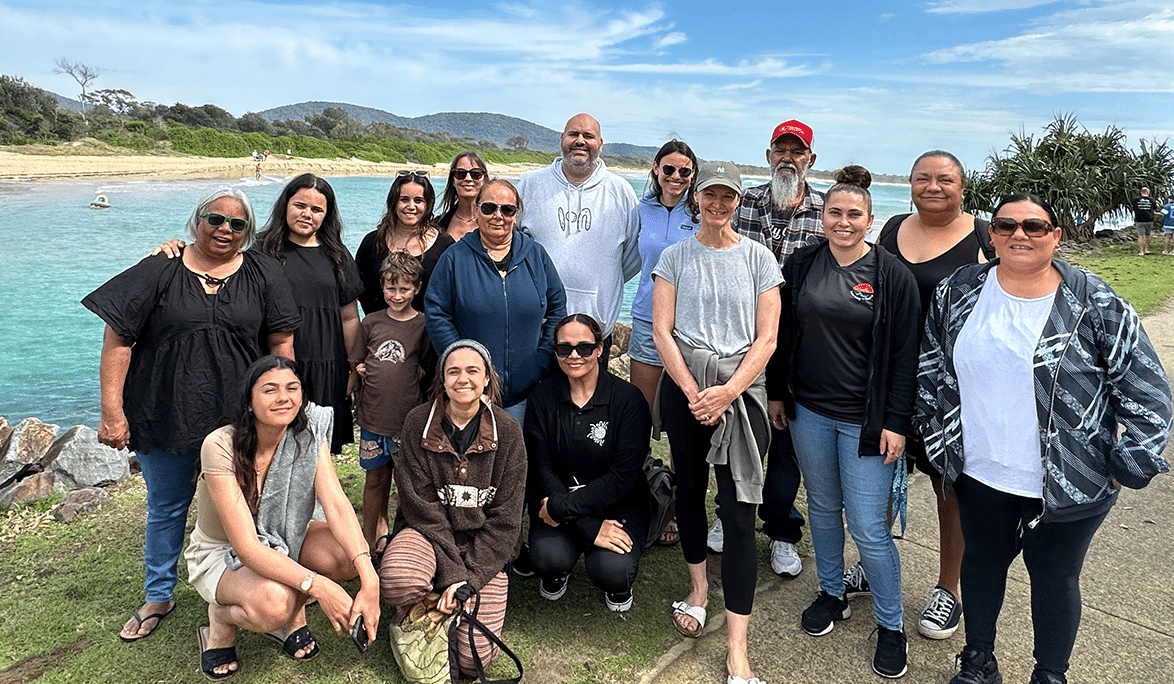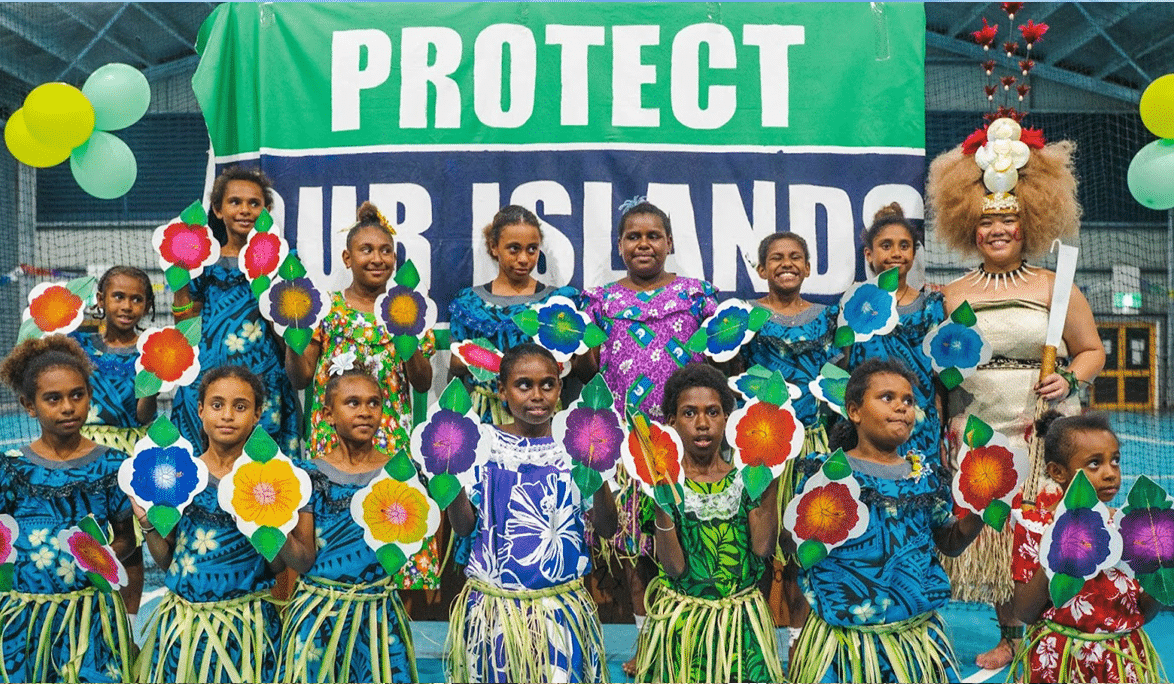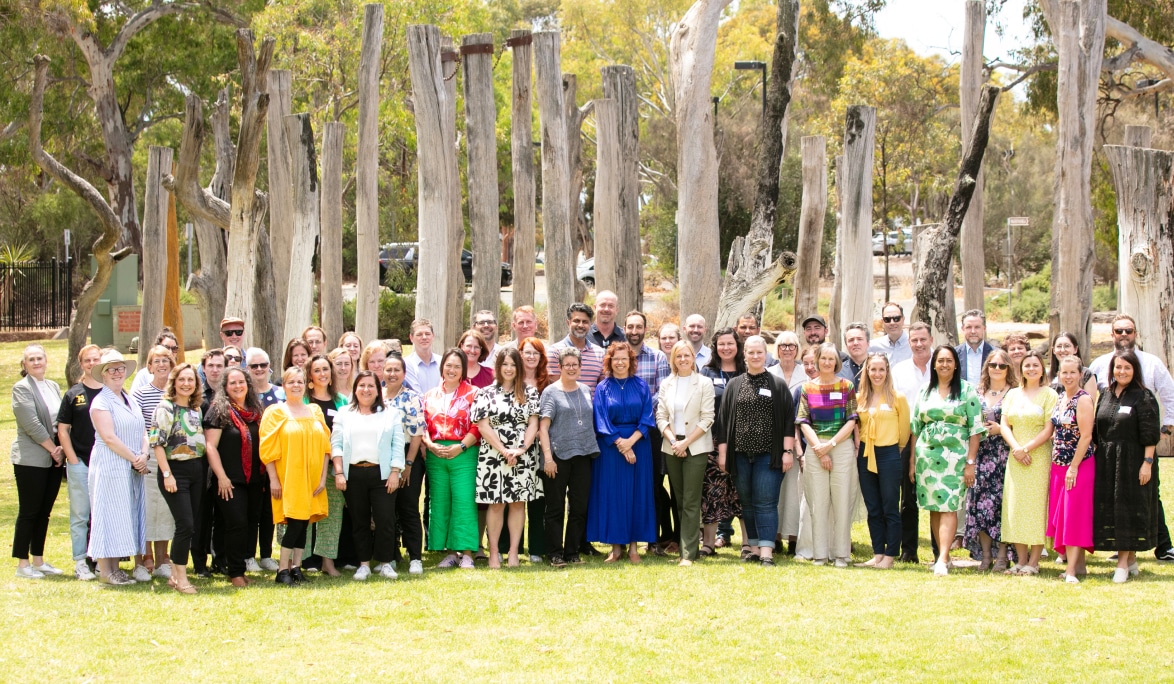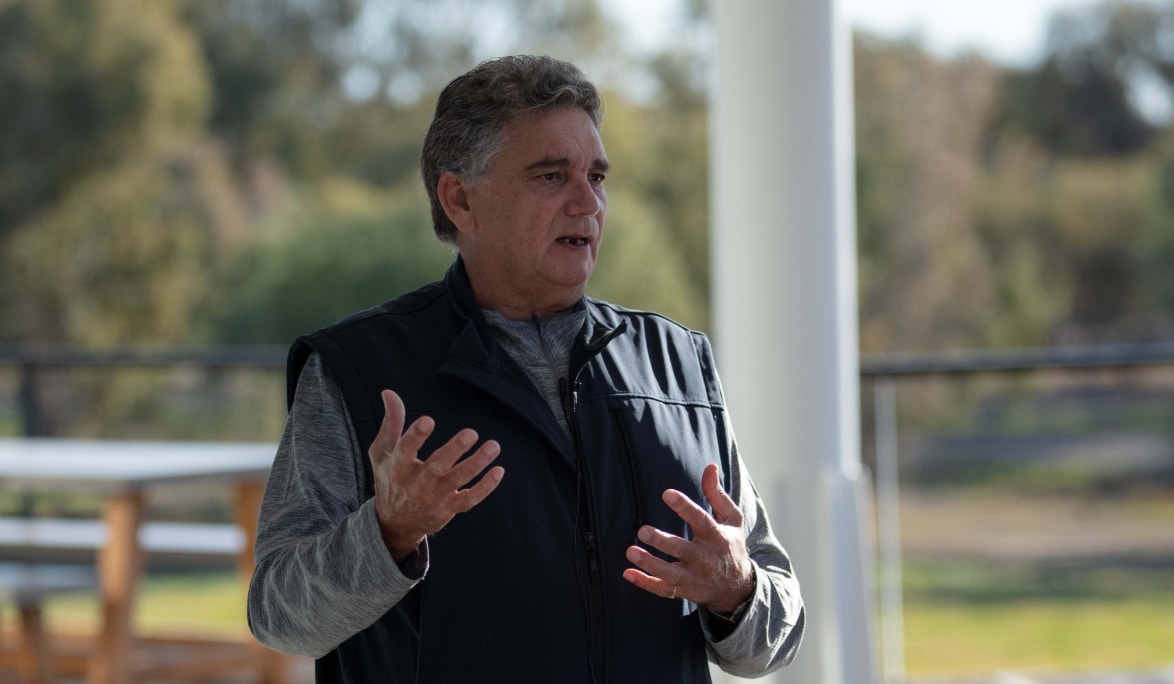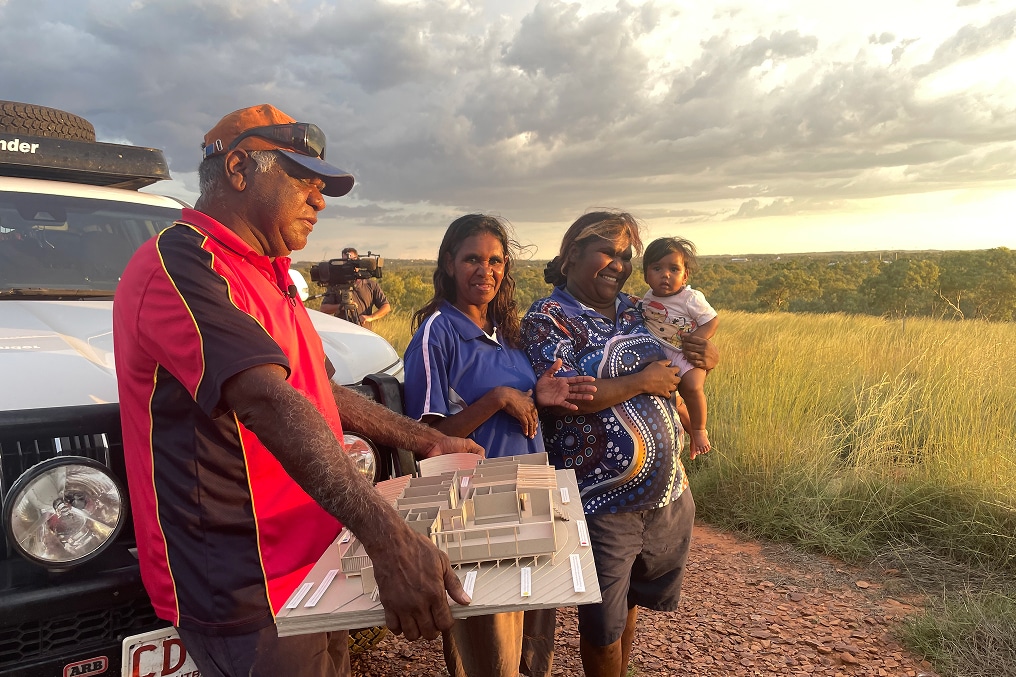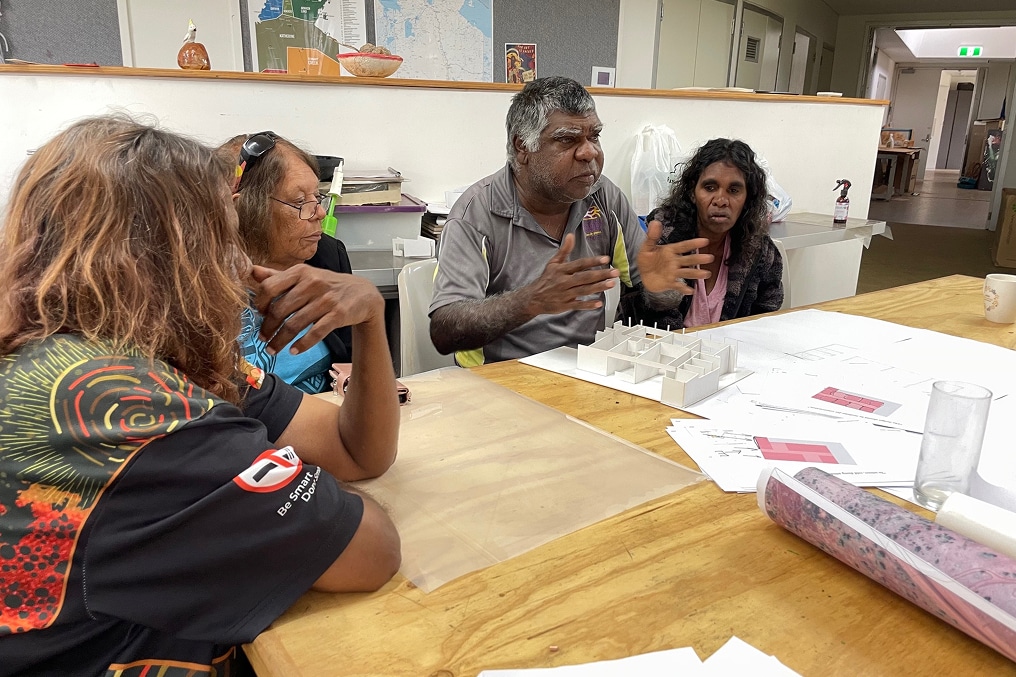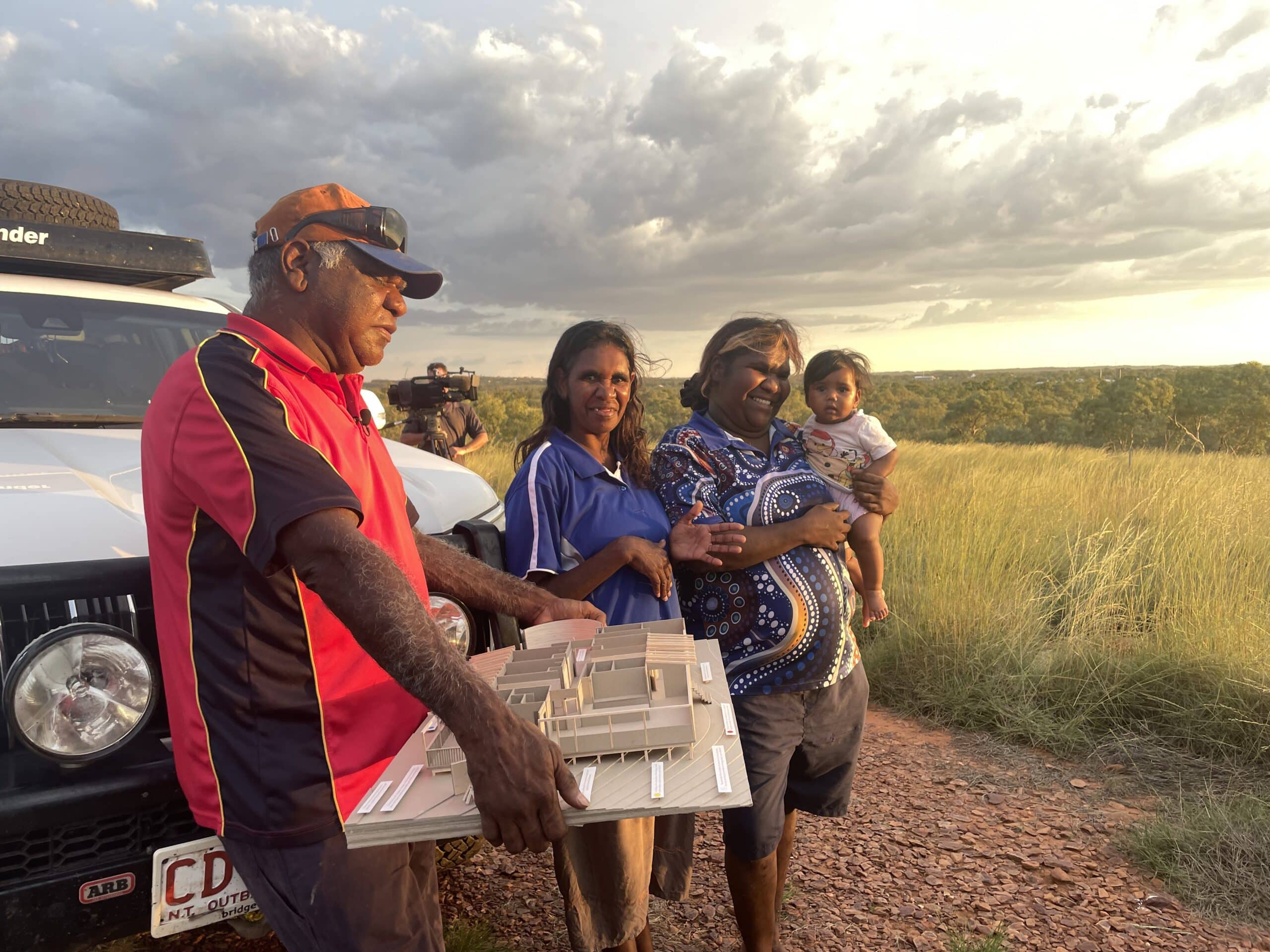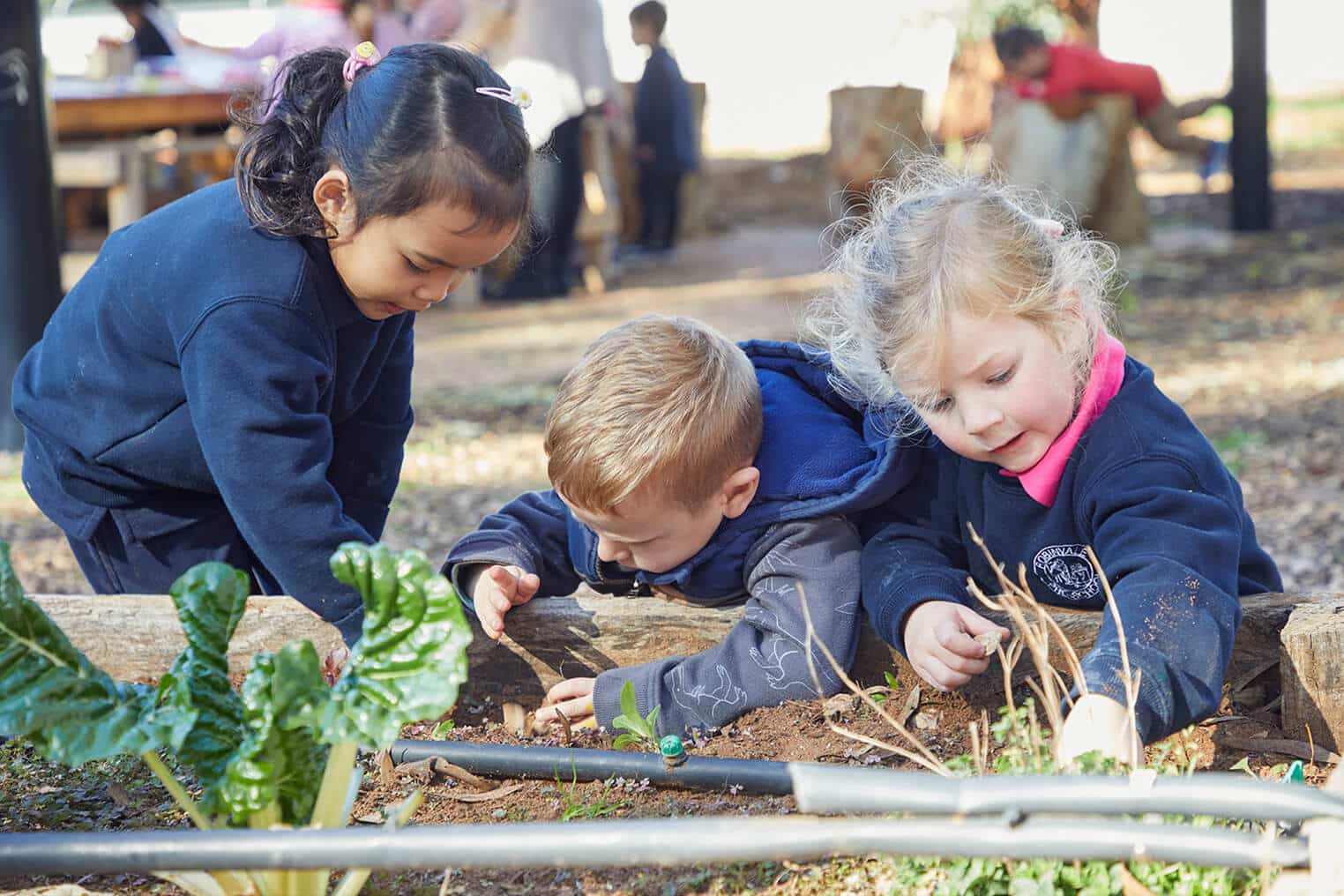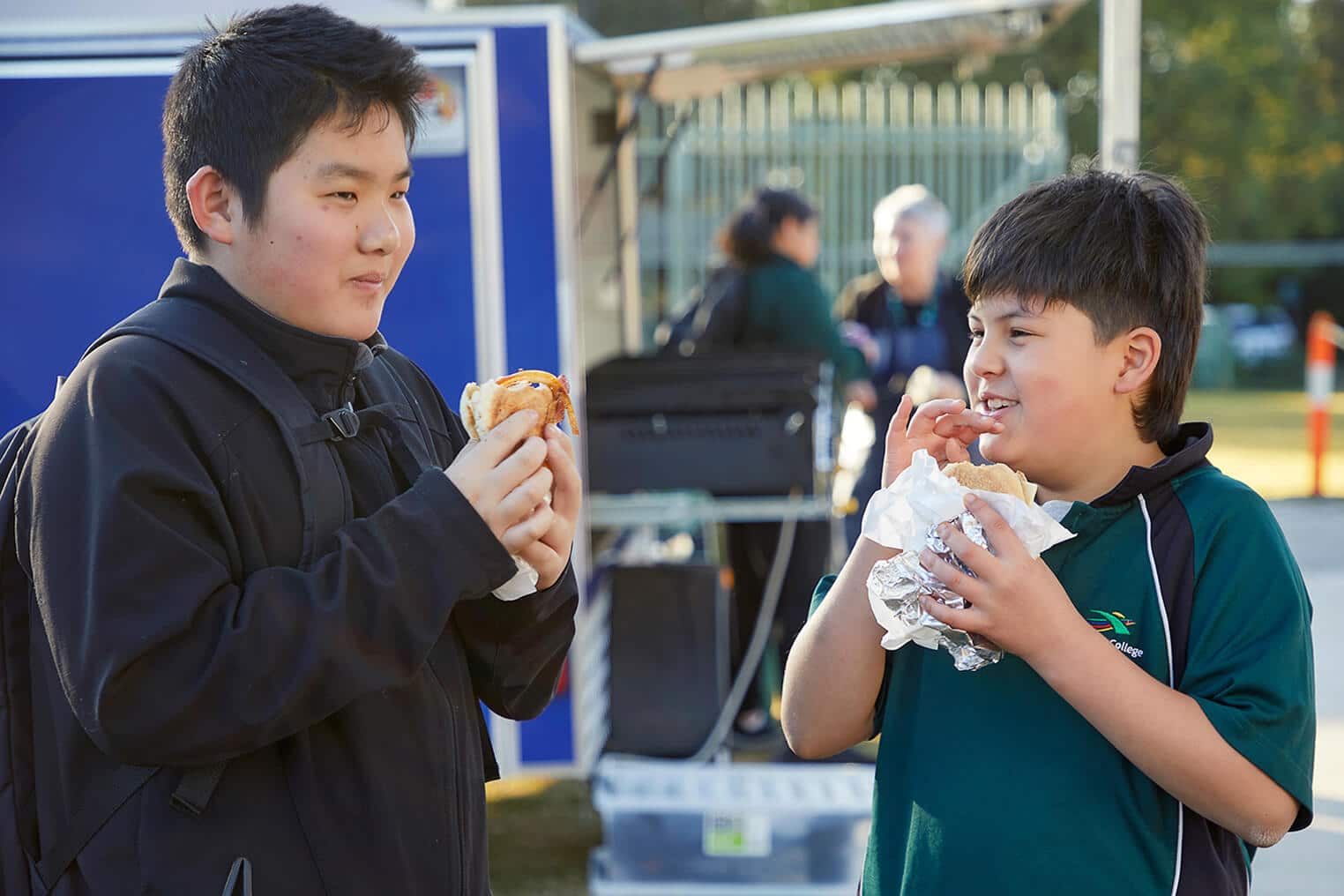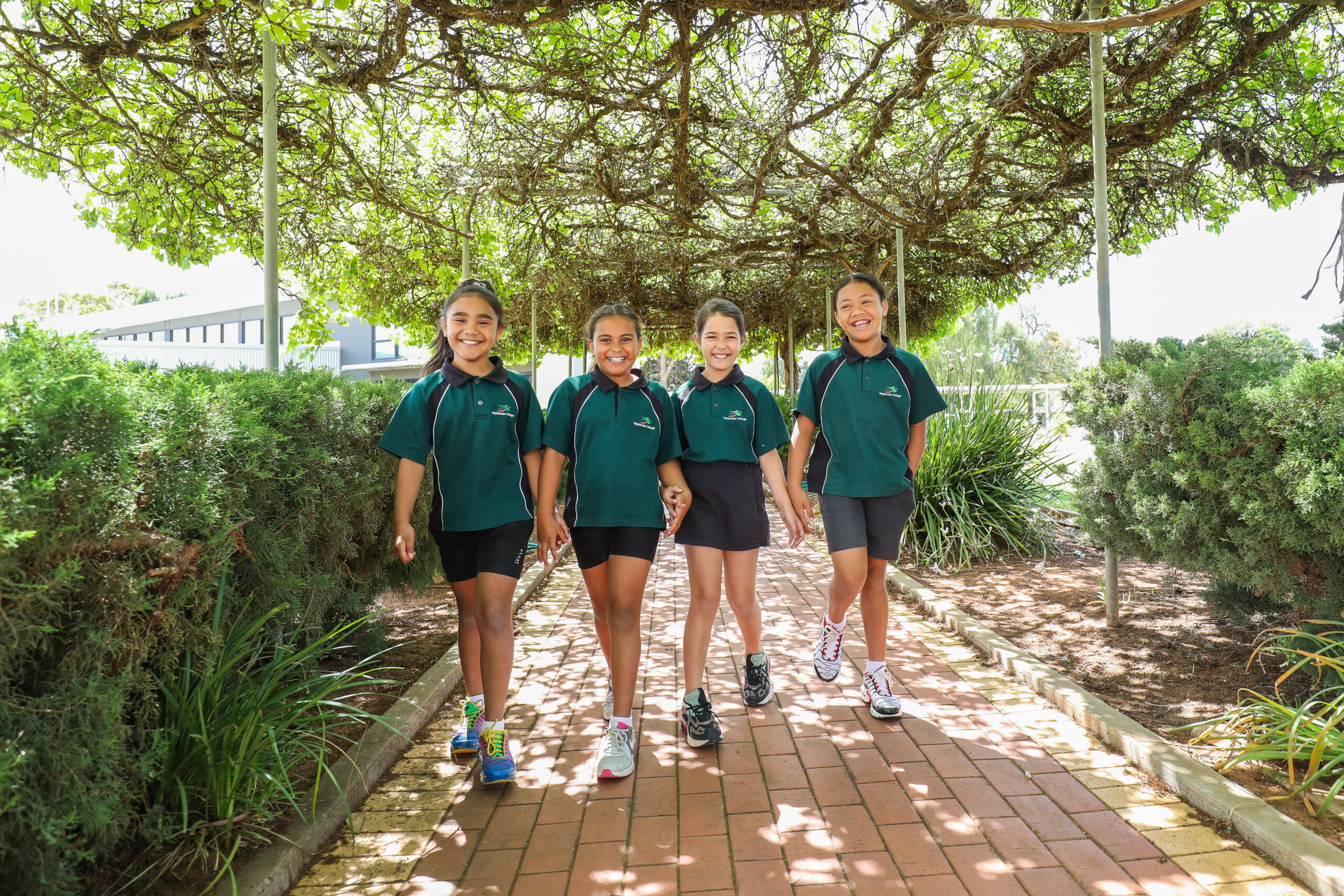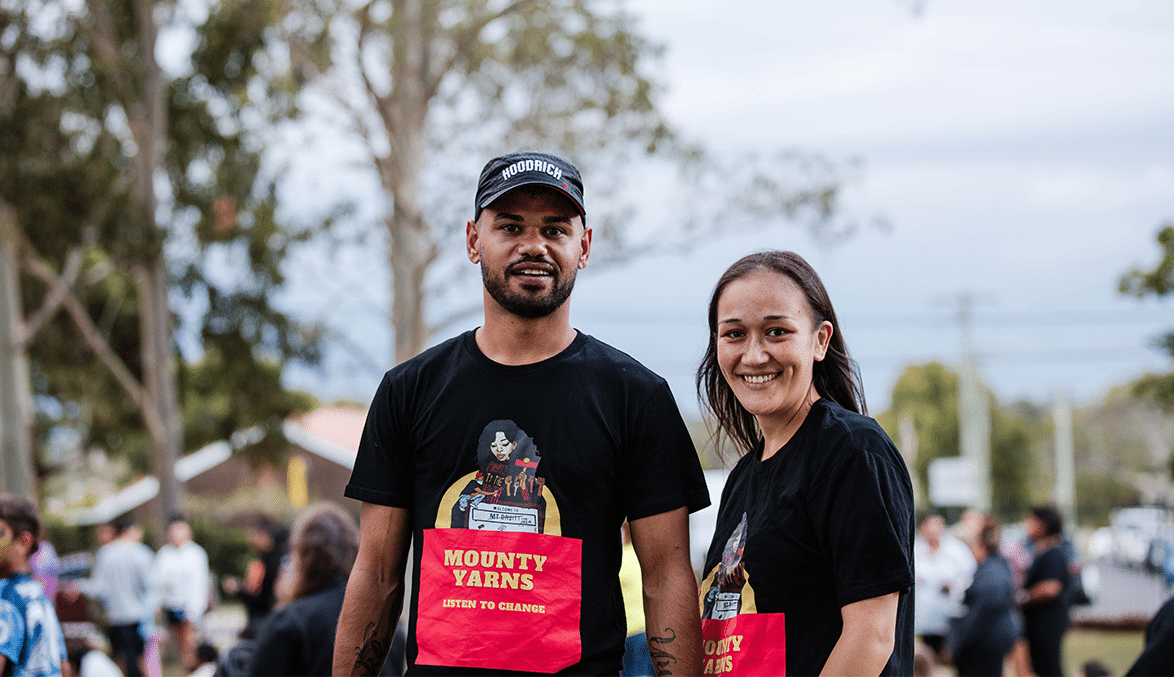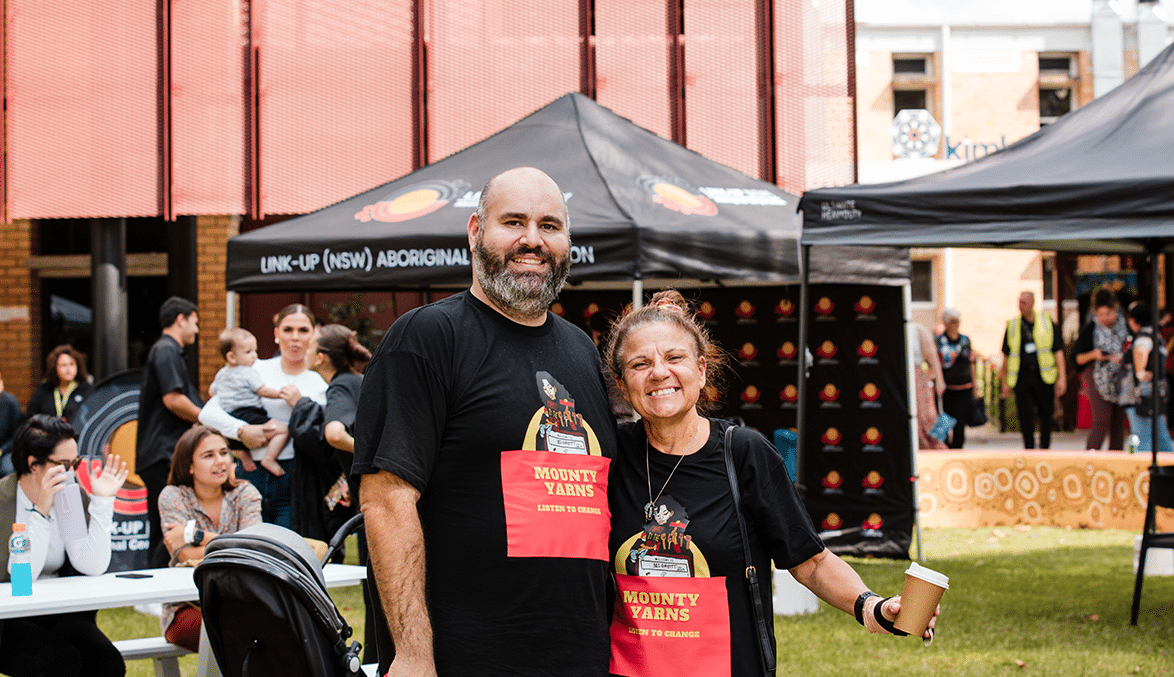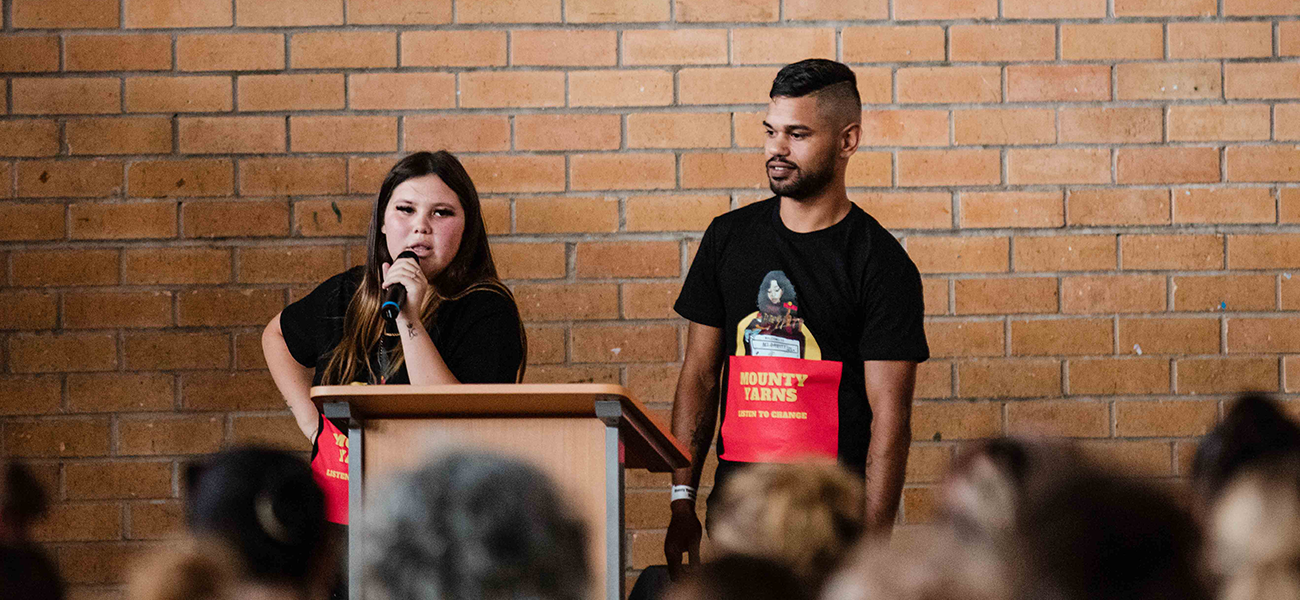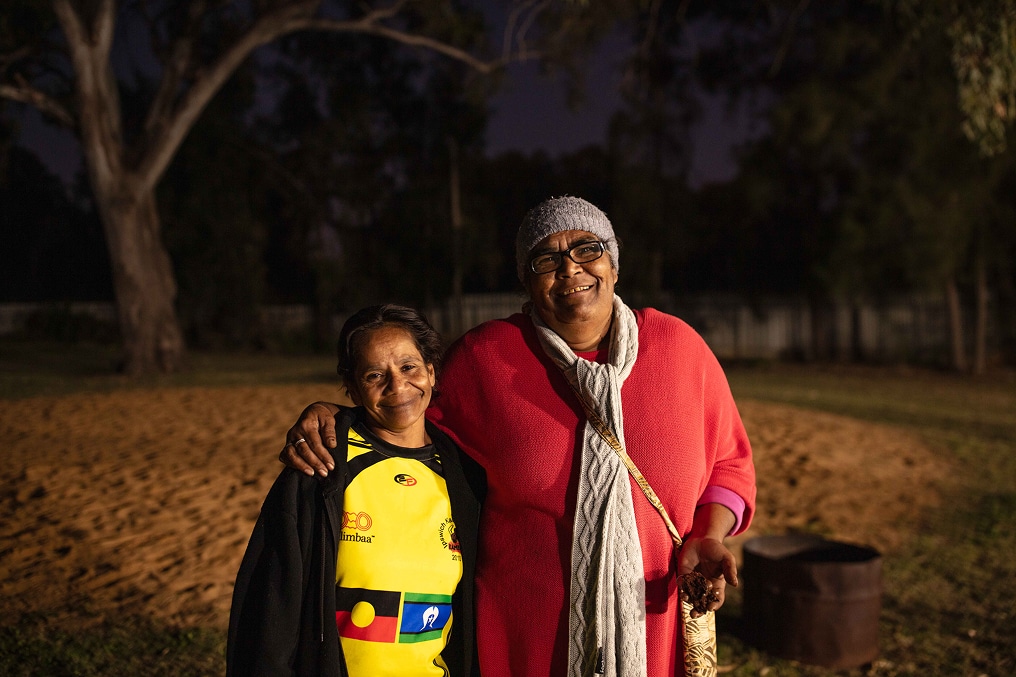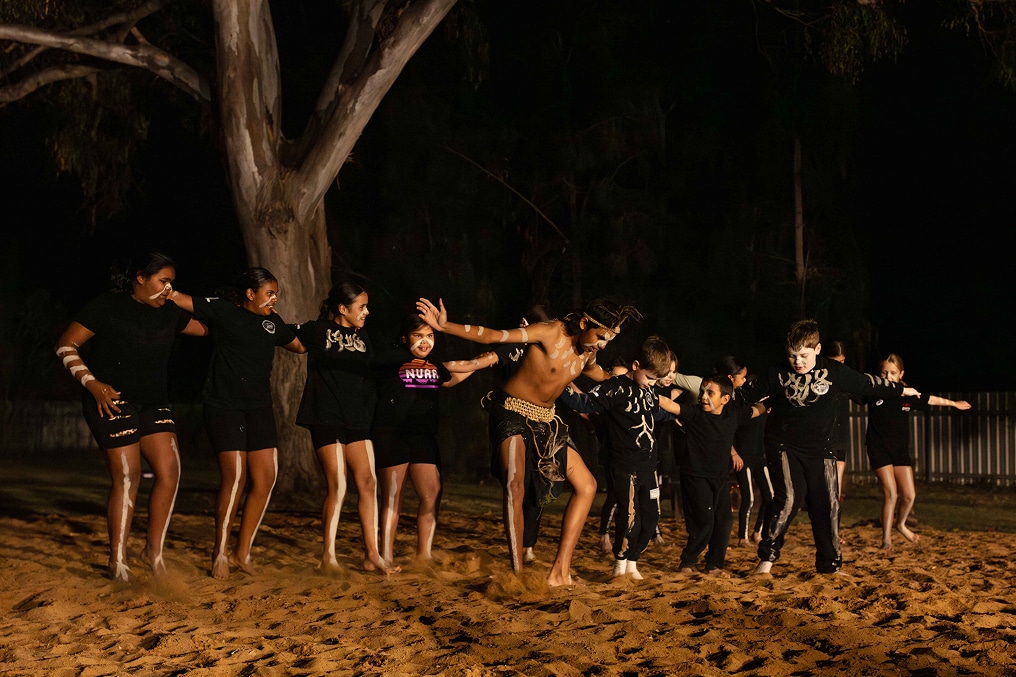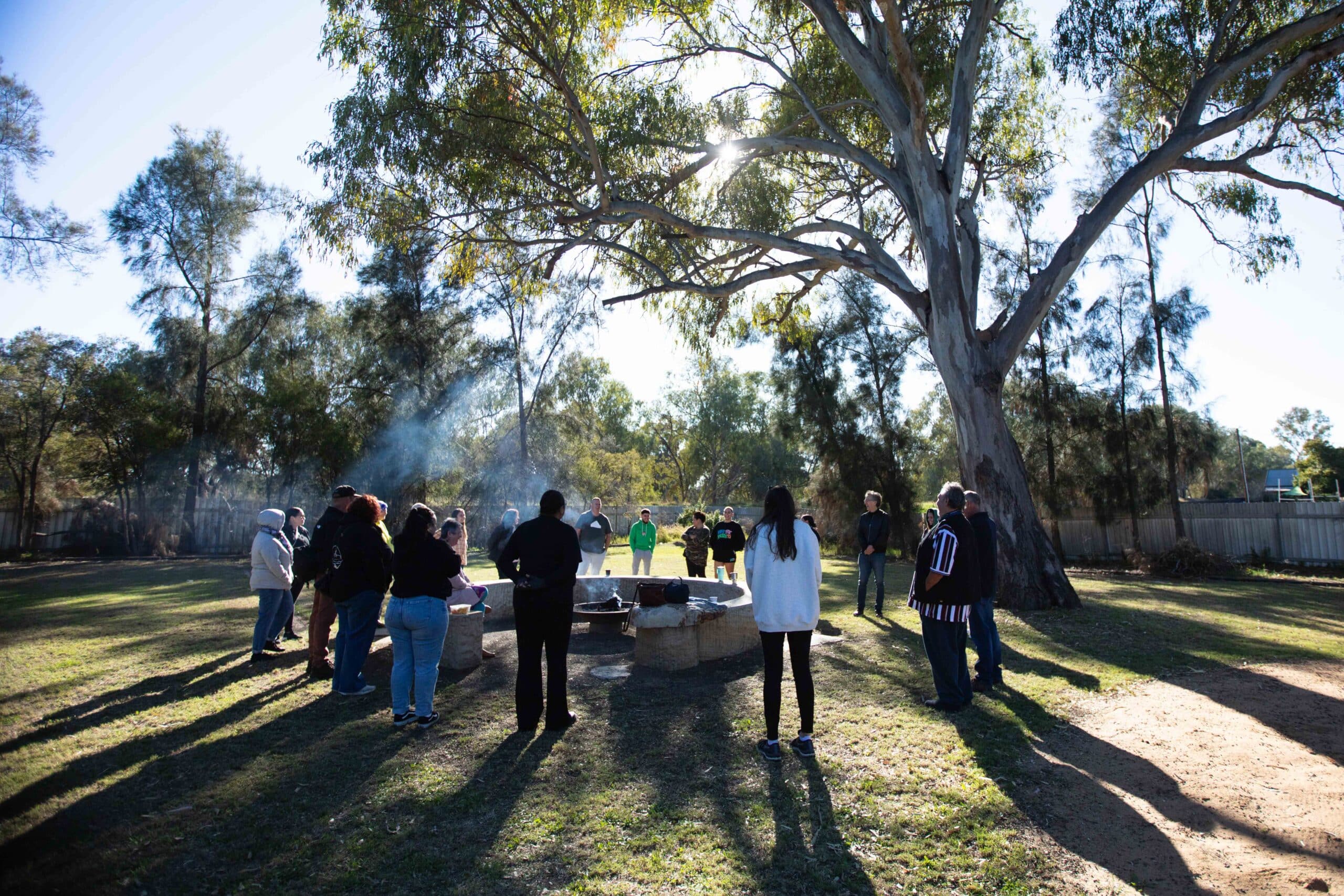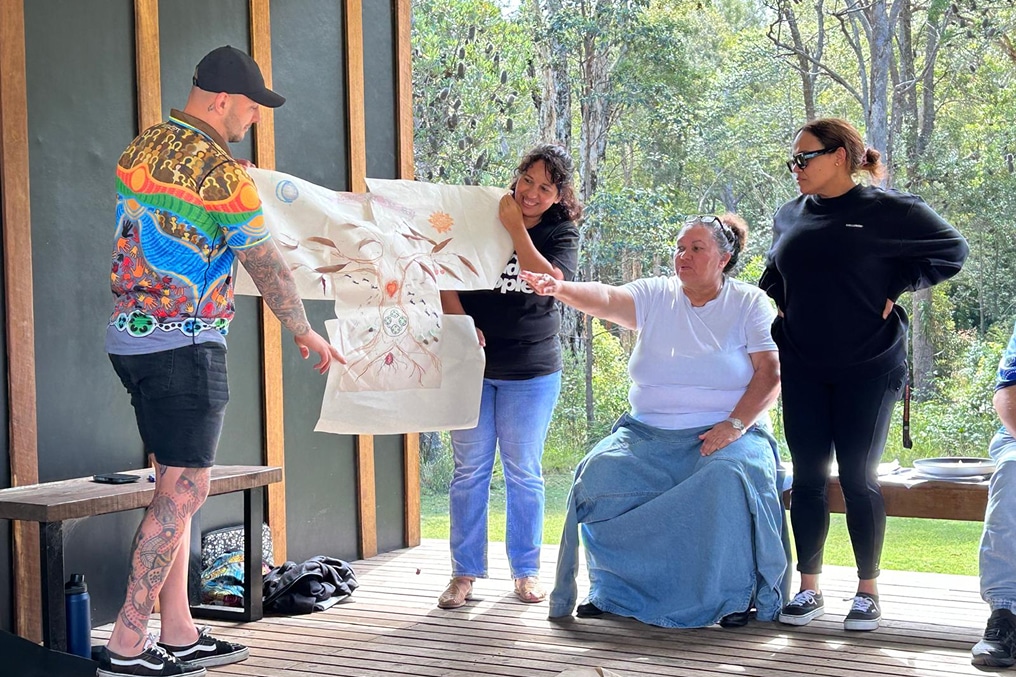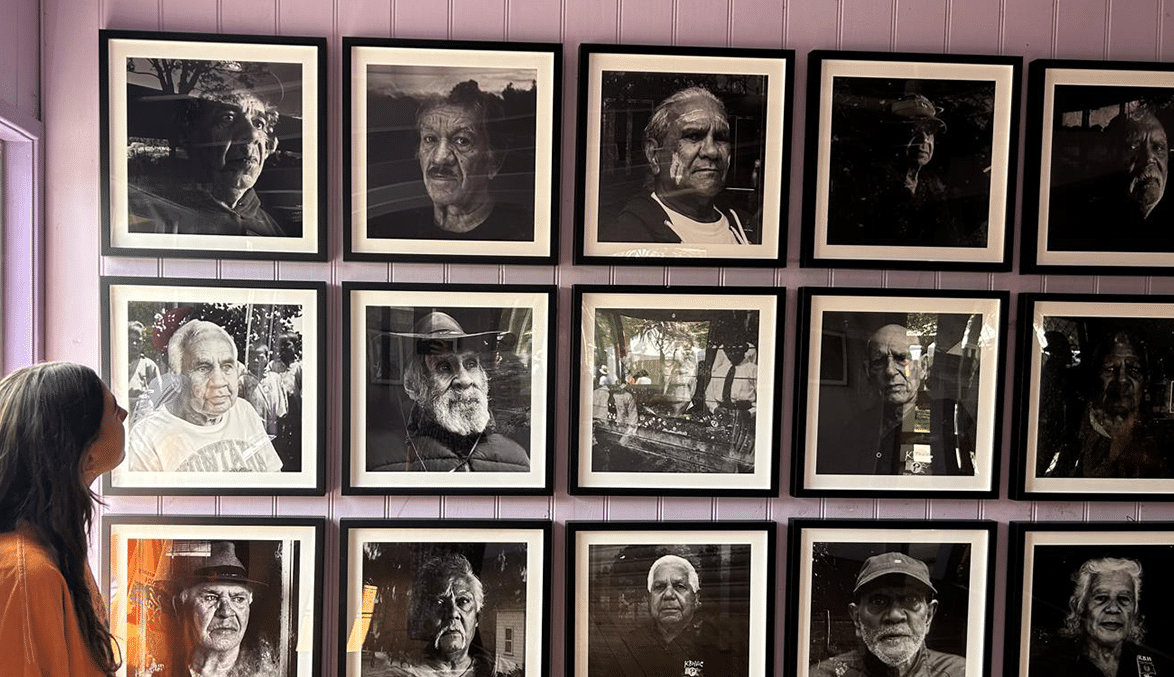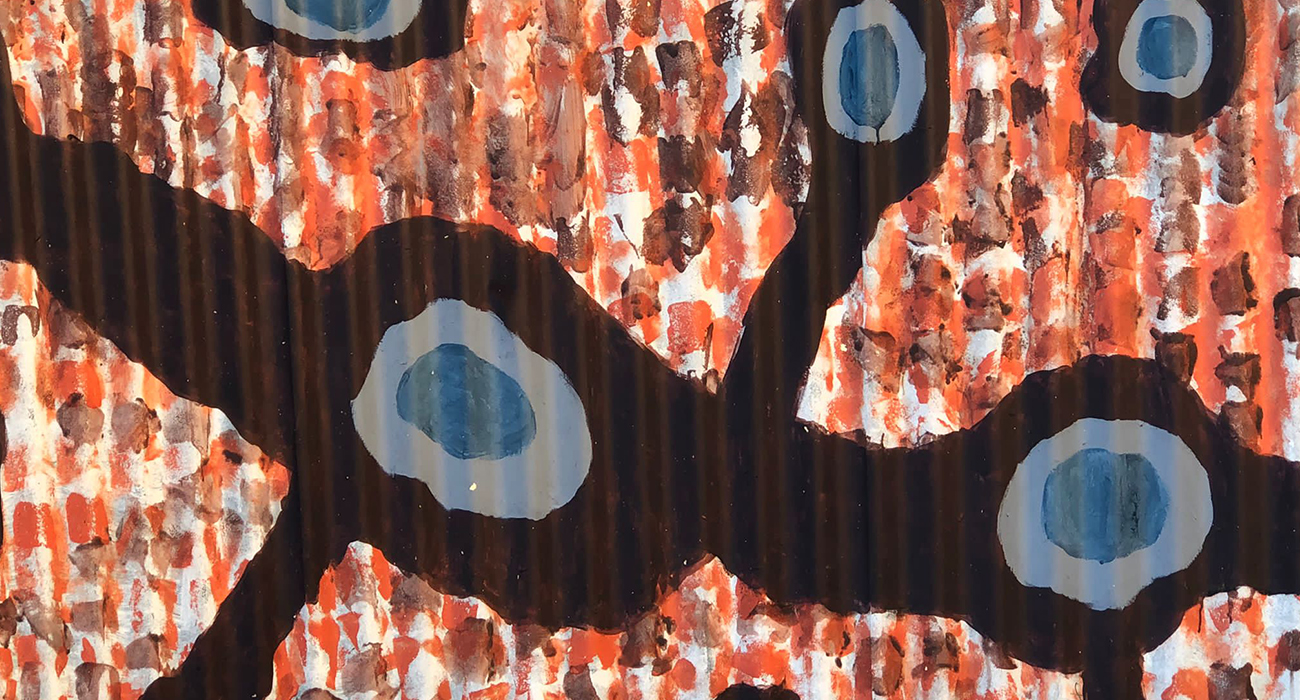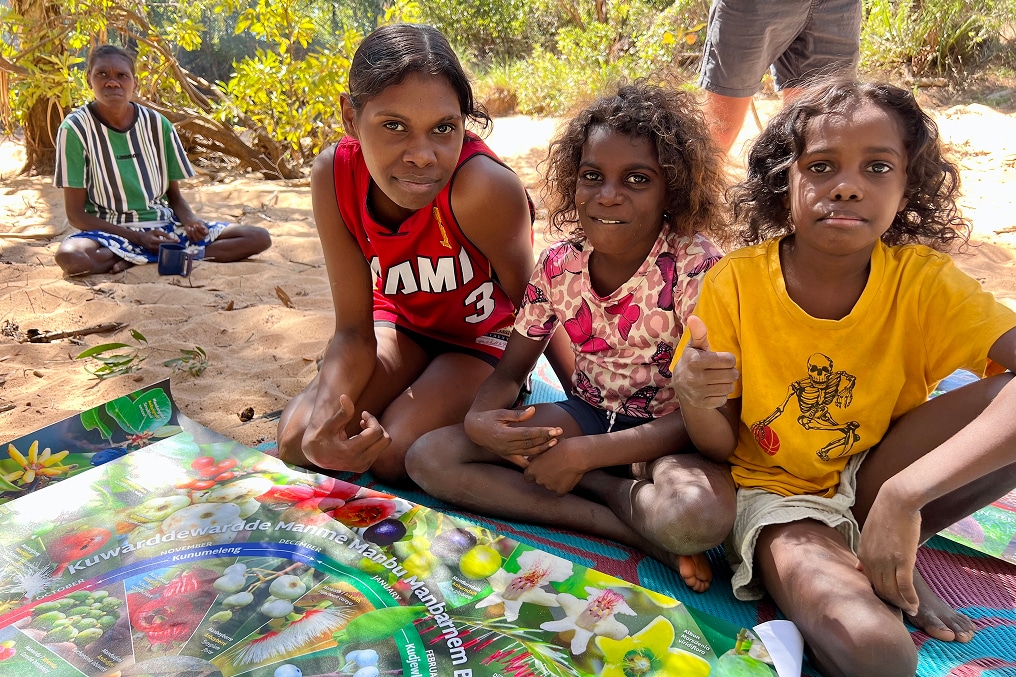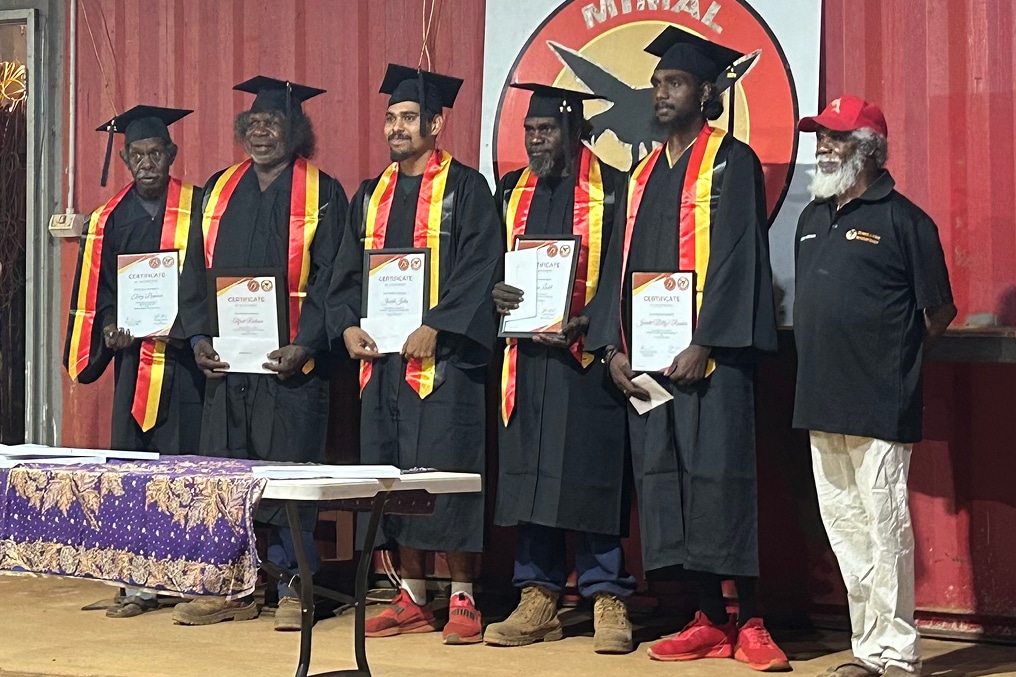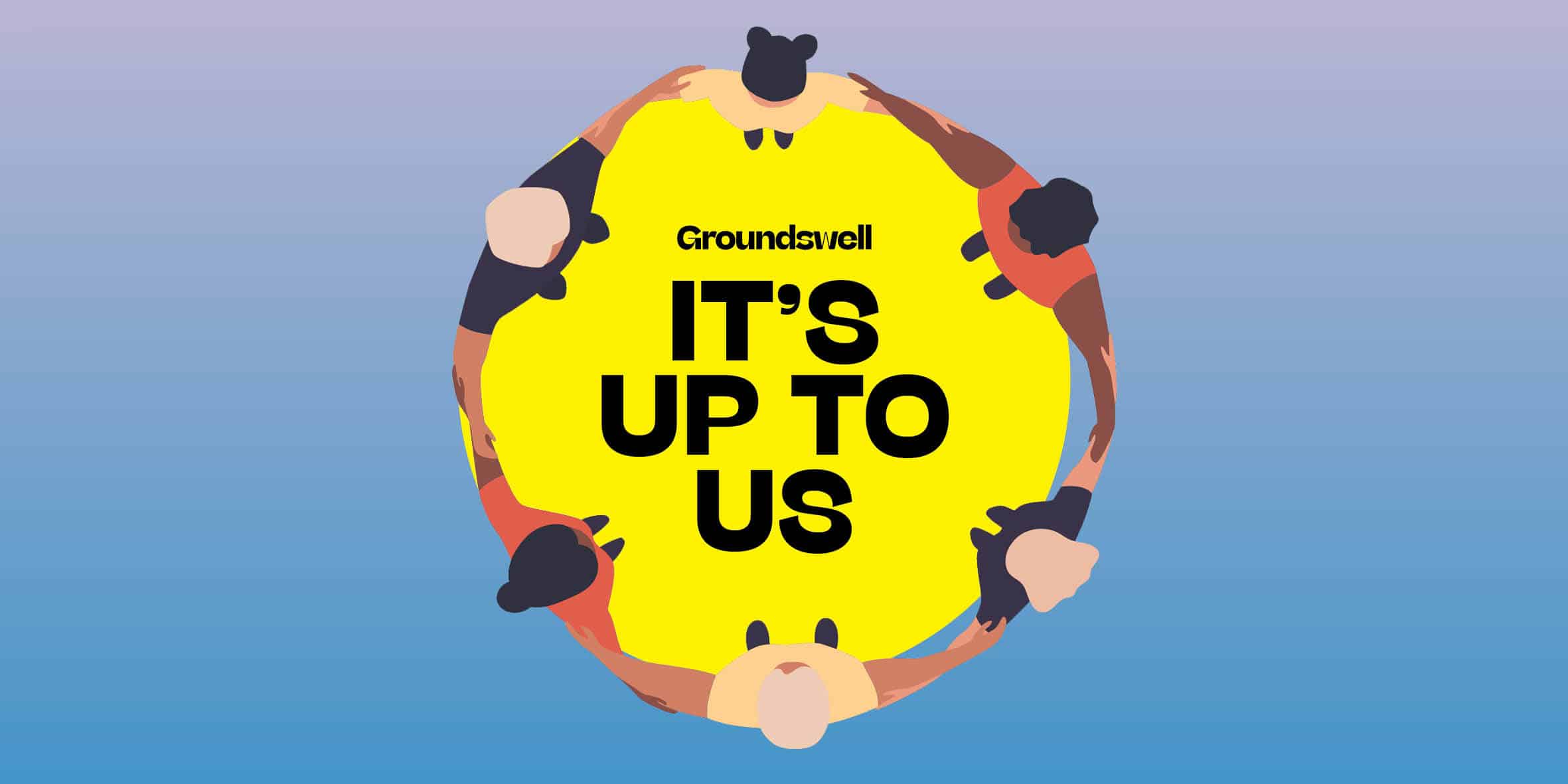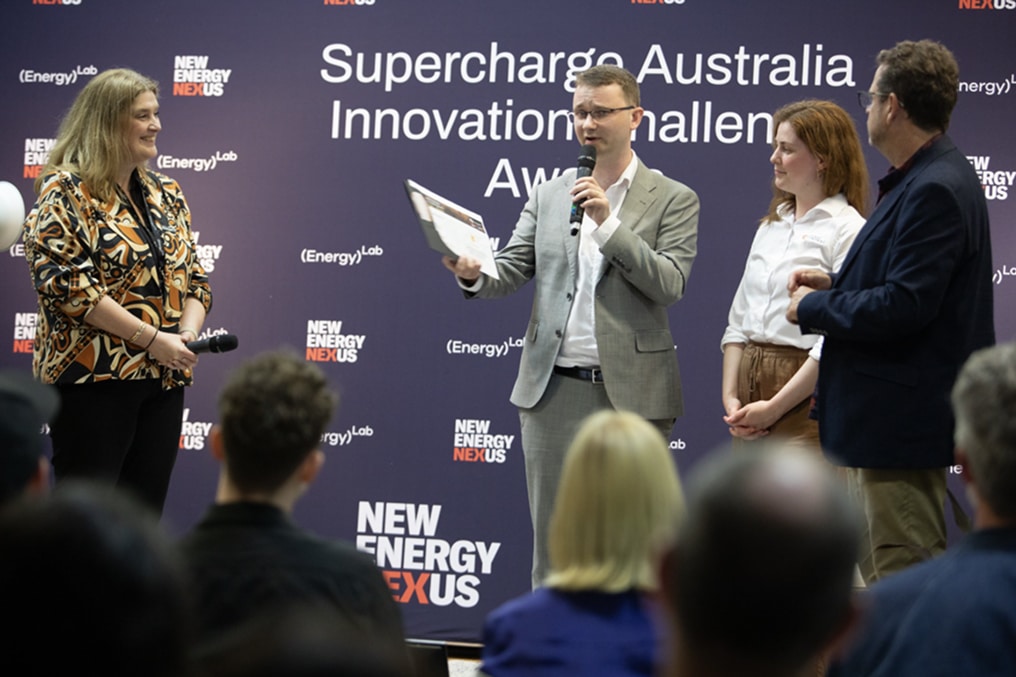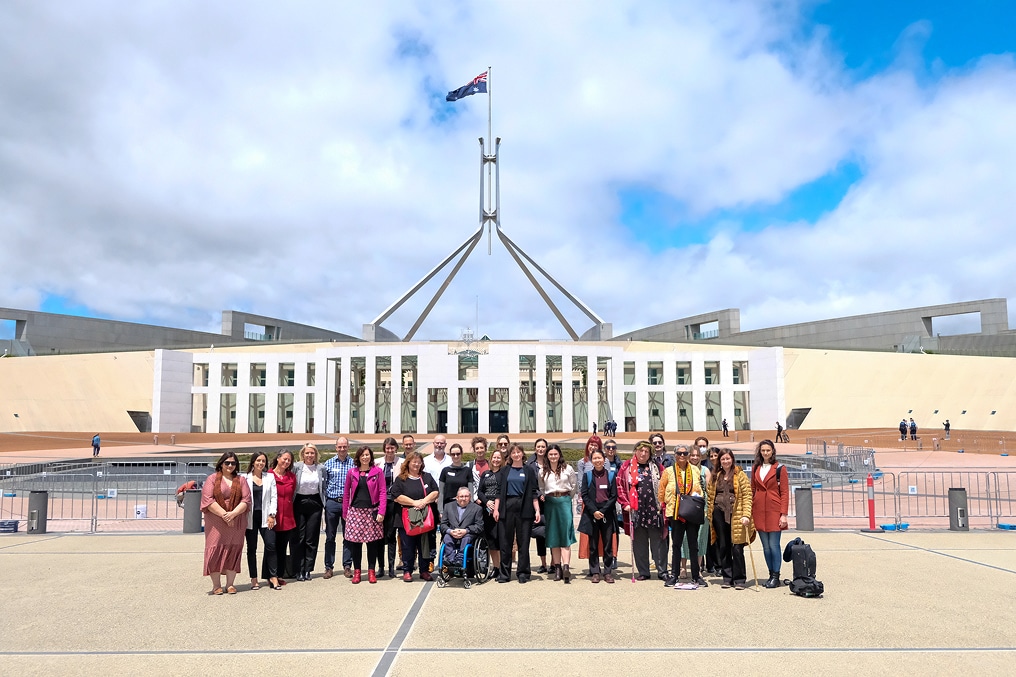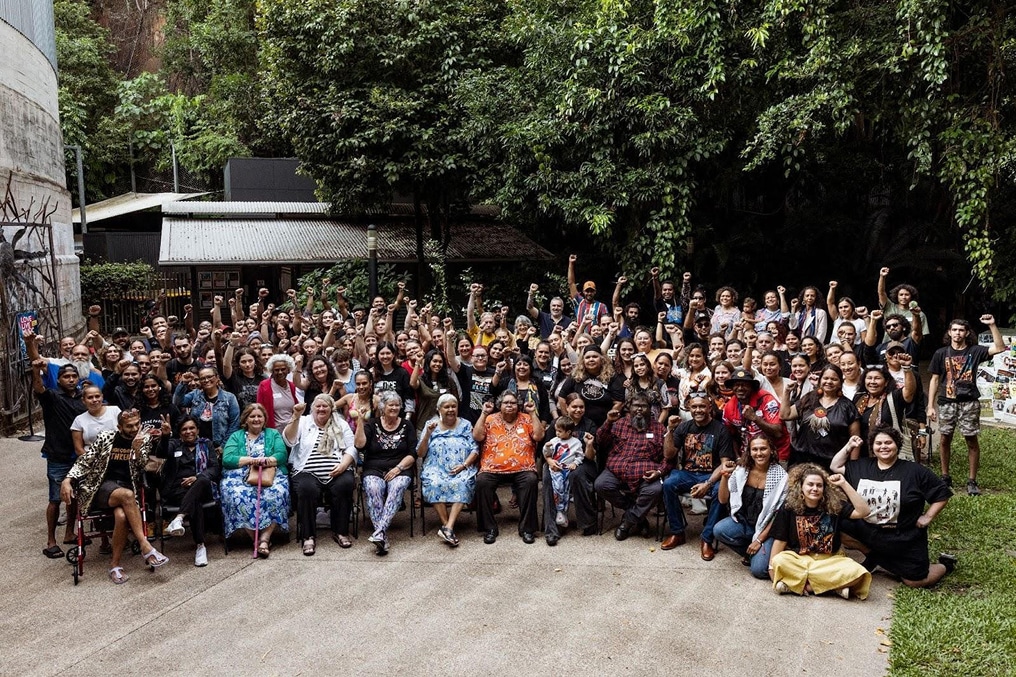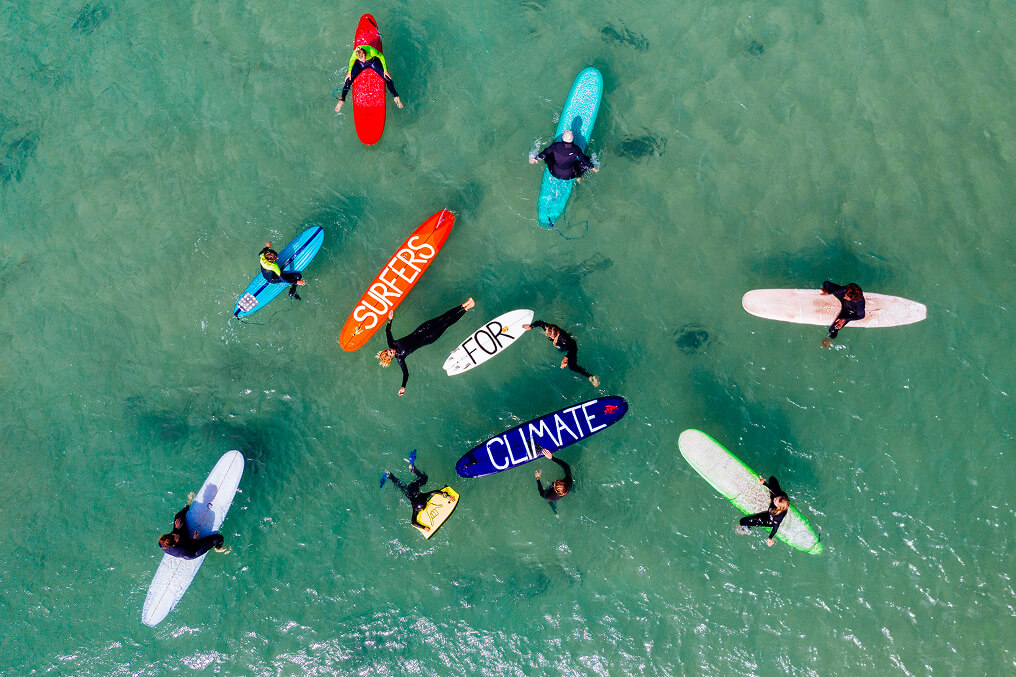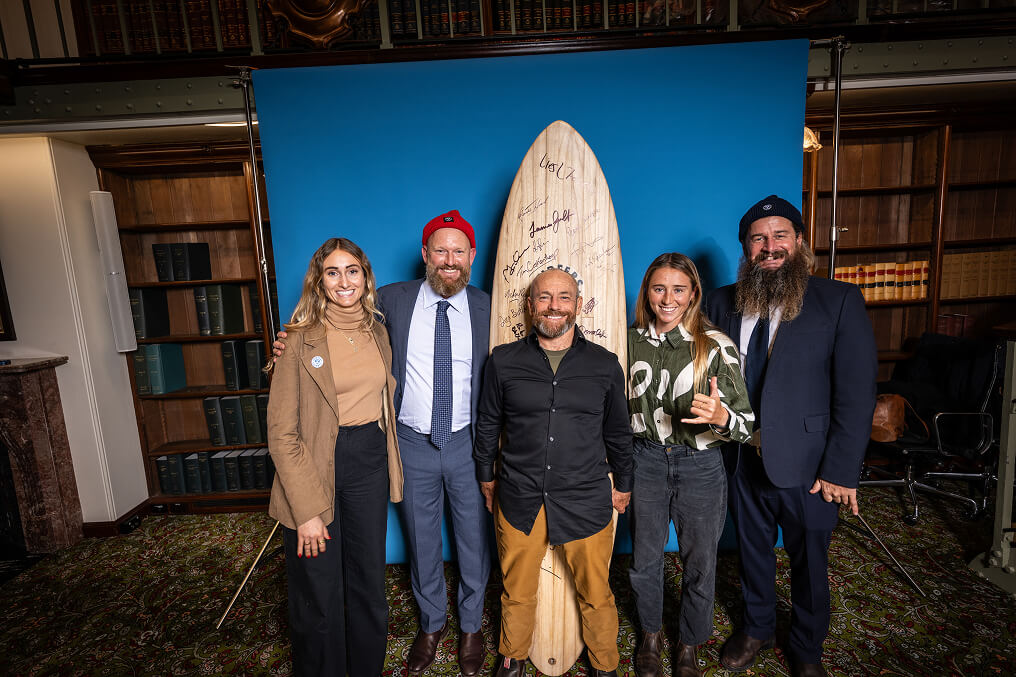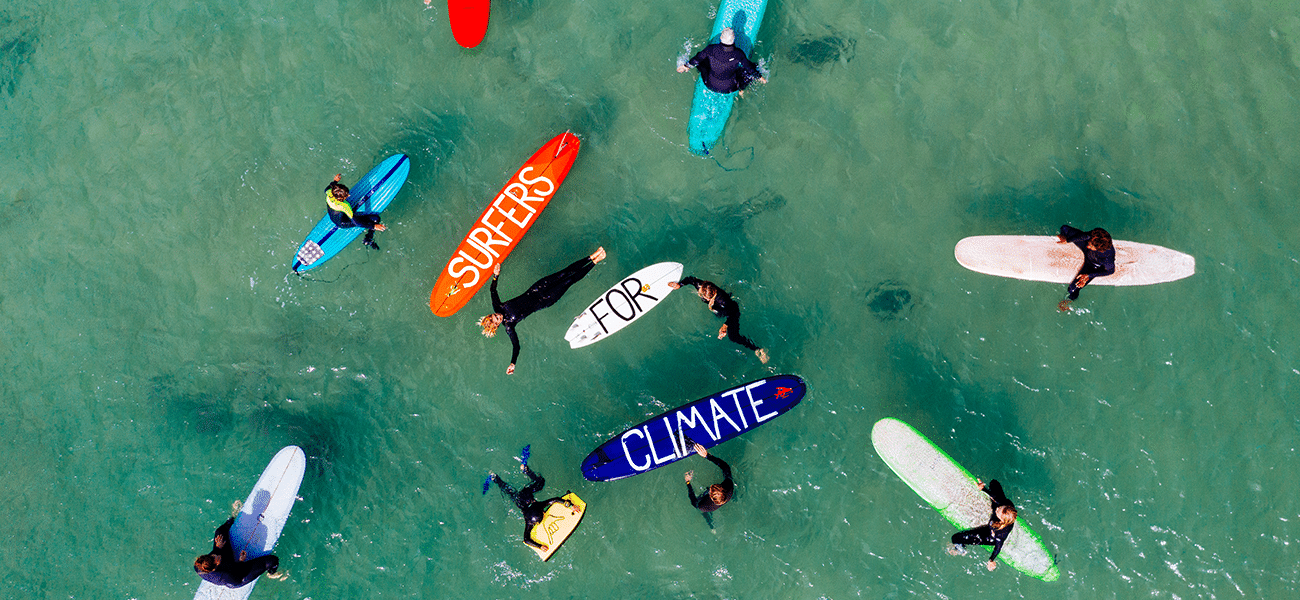Maranguka Justice Reinvestment, Logan Together, Our Place and Warddeken Land Management come together to build a greater collective voice to advocate for the systemic reform required to shift long-term outcomes for children and communities. You can read about Festival of Change 2017 and 2018 here.
In 2018 Dean Yibarbuk, Chair of Warddeken Land Management invited us to Arnhem Land, offering to host the 2019 Festival of Change in Kabulwarnamyo, NT. This presented a unique opportunity to learn from a community demonstrating how to live on country where quality education and meaningful employment are delivering world class conservation and sustainability, all underpinned by strong culture, language and local governance.
![]()
Here you’ll see and meet great people and also see great things are happening within our community, but also there is a long way to go trying to make our Government understand ‘why’ it is important to us, moving back to our regional home and wanting to put resources back to bush such as employment and education. Our vision is to have our healthy people living and working on our healthy country in the Arnhem Plateau. We want the management of our land to be in our hands now, and into the future.
Dean Yibarbuk, Chair of Warddeken Land Management
![]()
In July, change-makers from across the four communities boarded charter flights to the remote homeland community of Kabulwarnamyo, the ancestral homeland of the Mok clan and headquarters for the Warddken Rangers and Nawarddken Academy, for the 2019 Festival of Change.
We were welcomed into the community and immersed in a place where for thousands of generations Nawarddeken clan groups lived on and cared for their ancestral estates in the stone country, the Kuwarddewardde, of Arnhem Land.
During the Festival, we learnt about the strong culture and connection to country of the local clans and gained a deeper understanding of the links between them. We also learnt about the importance of the Warddeken People’s move back to country, the reigniting of cultural traditions, and the growing of the next generation of cultural leaders and custodians.
We were encouraged to embrace different mindsets, belief systems and ways of seeing the world as an opportunity for personal growth. This also offered an opportunity to reflect on our role in supporting Aboriginal and Torres Strait Islanders led- social change within the communities we serve. This profound experienced further embedded relationships amongst the group enabling deeper sharing and support.
Creating Connections: We introduced ourselves based on who we are (not what we do), including where home is, about the land and its traditional owners, and where our ancestors hail from.
Marking Milestones: Celebrating Festival of Change milestones and the journey since 2017. Participants reflected on the impacts of the Festival and how it has influenced their work.
![]()
When you look back to what we wanted to achieve in 2017, we have actually achieved a lot of those things. It shows that we can dream big and we can get there.
![]()
Kunwardde Kundred – Deep Time and Place: held at a culturally significant occupation site and kunwarddebim (rock art) gallery, Senior Nawarddeken Traditional Owners guided us through the layers of meaning associated with the site over time, from the ancient past through to today.
Mankung Djang – Sugarbag Dreaming: the Mok clan estate is the heart of Sugarbag Dreaming (native honey). We were taught about finding the honey, while a visit to the Ranger’s headquarters at Kabulwarnamyo was an opportunity to learn about conservation and fire management techniques. Both of which are necessary to ensure plentiful Sugarbag each dry season, highlighting the inherent interconnectedness of caring for the Stone country.
Waterhole Wonderings: The night before returning to Darwin, participants gathered at the waterhole at Nawalbin to discuss the future of the Festival of Change and what they’d like to see the collective do together.
![]()
Relationships are central to all our stories of impact. In each story, there is someone who has unique needs and these have been recognised due to the relationship and these needs have been met. This is what gives hope and empowerment. Our work in the system is like starting a fire from the embers. The communities’ needs, aspirations and strengths are the embers. We come in and nurture the fire.
![]()
Dancing in the Dust: On our final night, the local community from Kabulwarnamyo and surrounds honoured participants by including them in a night of traditional celebration, singing and dancing that marked the close of their annual bush walk.
![]()
It’s been dreamlike. Culture. Celebration. Love. Care – that’s what this has been about. There’s such care that has been taken.
![]()
